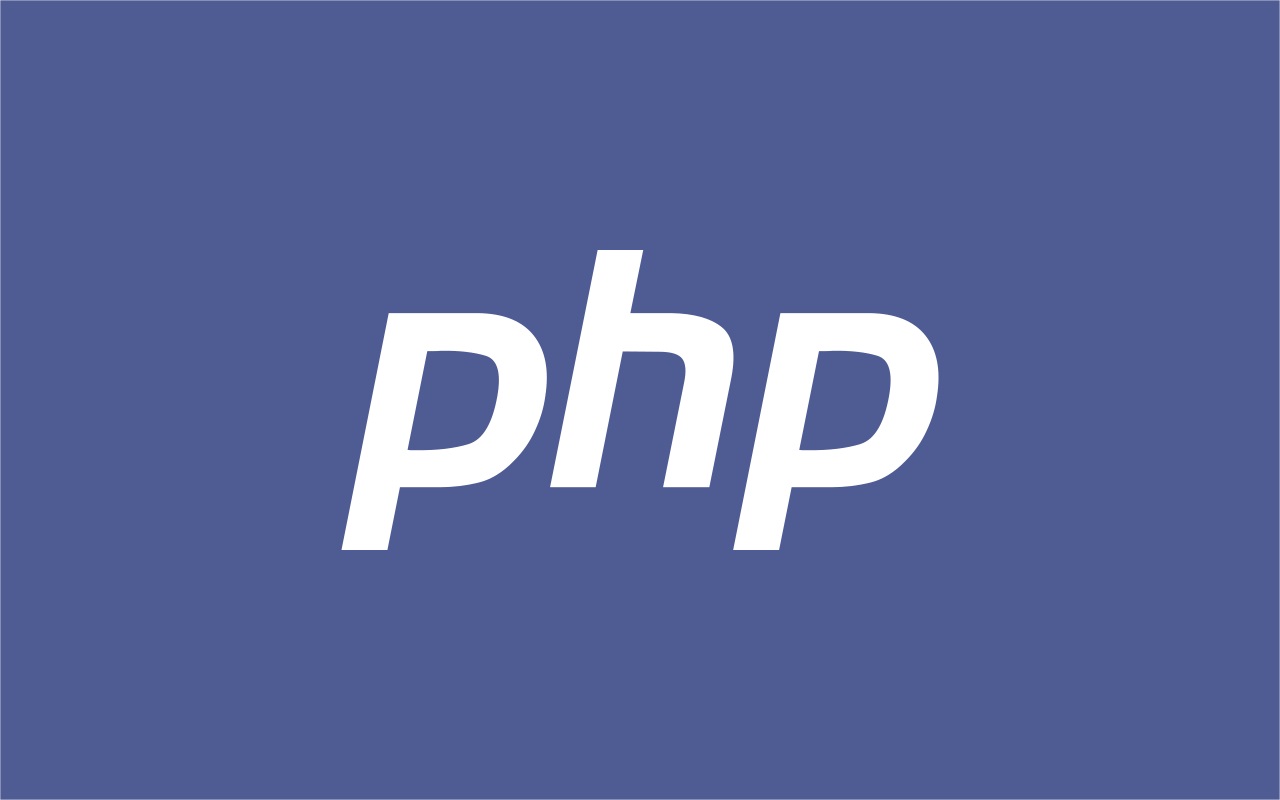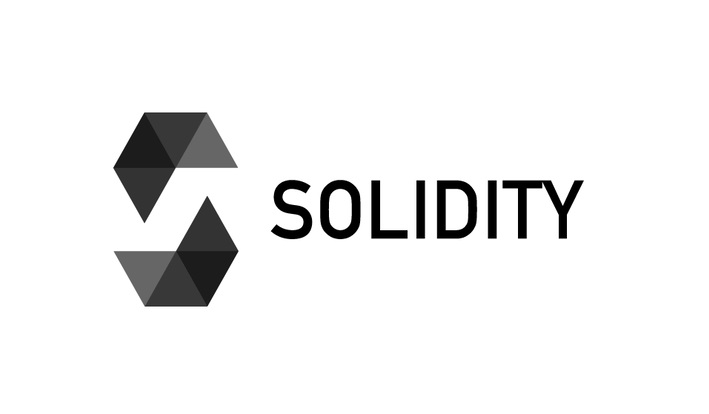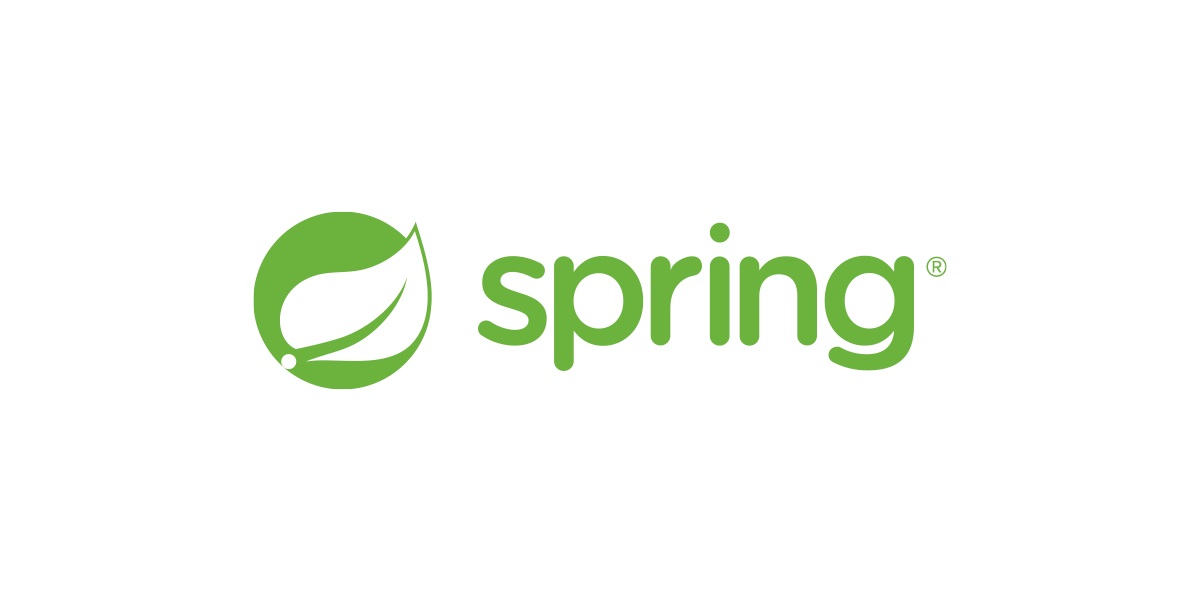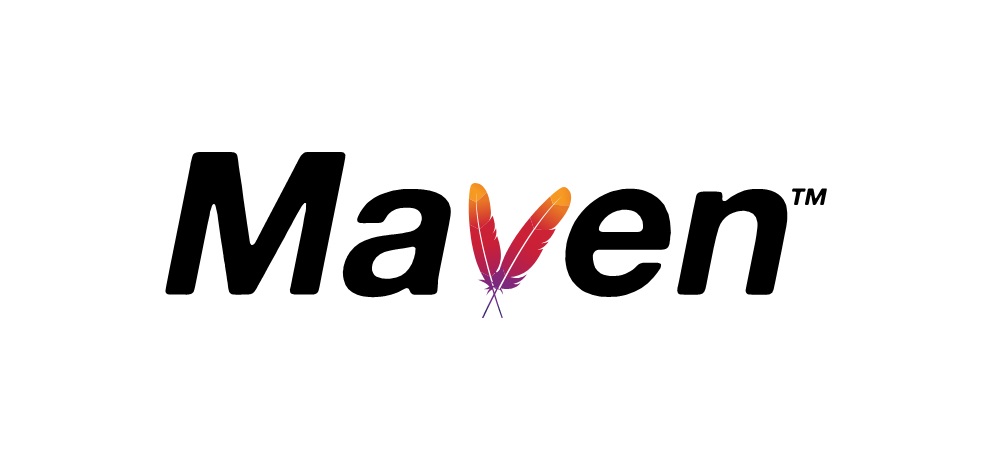Everything you need to know about the PHP programming language: A comprehensive introduction and resources
Published

PHP is a widely used server-side scripting language that is mainly used for web development. It was originally developed by Rasmus Lerdorf in 1994 and has grown and developed continuously since then. PHP stands for "Hypertext Preprocessor" and is primarily used for creating dynamic websites and web applications.
If you want to acquire new skills or expand your existing skills, Skillshare is for you. Please click here to access the Skillshare learning platform and gain new insights into a wide range of topics.
What is PHP?
PHP is a server-side scripting language that originated in the early 1990s. The history of PHP begins with the Developer Rasmus Lerdorf, who in 1994 developed a simple collection of CGI (Common Gateway Interface) scripts to manage his personal website and collect statistics on visitors. He originally called these scripts "Personal Home Page Tools", which later led to the abbreviation "PHP".
| Name | PHP (Hypertext Preprocessor) |
|---|---|
| Definition | PHP is a server-side scripting language that is mainly used to develop web applications. It can be embedded in HTML or executed as a stand-alone script. |
| First publication | 1995 |
| Developer | Rasmus Lerdorf and the PHP developer community |
| Paradigm | Imperative, Object-oriented, Procedural |
| Typing | Dynamic |
| Supported platforms | Cross-platform (Windows, Linux, macOS, etc.) |
| Popularity | PHP is one of the most widely used programming languages on the web. It is supported by a large developer community and is widely used in many web applications and content management systems. |
| Use | PHP is mainly used for the development of dynamic websites, web applications and web services. It enables the processing of form data, database interaction, file operations and much more. |
| Known frameworks | Laravel, Symfony, CodeIgniter, Yii, Zend Framework, usw. |
| Current version | PHP 8.0 (as of September 2021) |
Lerdorf published his CGI scripts publicly and made them available to other developers. Over time, many developers extended and improved the functionality of these scripts by adding new functions and extensions. This led to the development of PHP/FI (Personal Home Page/Forms Interpreter), an early version of PHP that already supported some server-side functions and the processing of form data.
In 1997, PHP 3 was released, which was regarded as the complete implementation of the scripting language. PHP 3 introduced its own engine-based architecture and supported CGI as well as modules for web servers such as Apache and Netscape. This version was the breakthrough for PHP and made the language increasingly popular with web developers.
PHP 4, which was released in 2000, brought further improvements and innovations, including support for object-oriented programming and better performance. It finally established PHP as one of the leading languages for web development.
The development of PHP 5 began in 2004 and was released in 2005. This version introduced important innovations, such as improved support for object-oriented programming with the introduction of the Zend Engine 2.0. PHP 5 was a great success and is still used by many developers today.
In the following years, new versions of PHP were continuously released, bringing various improvements and new functions. In 2014, PHP 7 was released, which offered a significant increase in performance compared to previous versions. With the introduction of PHP 7, new features such as the spaceship operator (<=>), scalar type declarations and return type declarations were also introduced.
Since then, PHP has been further developed and improved. The current version at the time of my knowledge is PHP 8, which was released in 2020. PHP 8 brought numerous new features and improvements, including the JIT (just-in-time) compilation system, union types and improvements in terms of error handling.
Over the years, PHP has become one of the most popular programming languages for web development. It is supported by a large developer community and offers extensive functions and extensions for creating dynamic websites and web applications.
Features of PHP
The classic features of PHP are:
- Easy integration: PHP can be seamlessly integrated into HTML, allowing developers to create dynamic websites. PHP code is embedded within special tags in HTML, which facilitates the development of dynamic content.
- Server-side processing: PHP is executed on the web server before the generated web page is sent to the client. This allows PHP to perform database queries, file operations and other server-side tasks before the result is sent to the client.
- Dynamic typing: PHP uses dynamic typing, which means that variables do not have fixed data types. The typing is determined at runtime, which offers flexibility, but can also lead to potential errors if the types are not handled correctly.
- Extensive functions: PHP offers an extensive collection of functions and libraries that facilitate frequently required tasks. There are functions for database interaction, file processing, form data processing, image manipulation and much more.
- Platform independence: PHP is platform-independent and runs on different operating systems such as Windows, Linux, macOS, etc. This allows developers to host PHP applications on different servers, regardless of the infrastructure used.
- Database support: PHP offers native support for a variety of databases, including MySQL, PostgreSQL, SQLite and more. This allows developers to easily access databases and store or retrieve data.
- Scalability: PHP is known for its scalability and is used in large web applications and content management systems. It supports the processing of high data traffic and offers options for optimizing performance.
These features have made PHP a popular choice for web application development, especially for dynamic and interactive websites.
PHP syntax
It's true that some developers complain about PHP syntax. Here are some reasons why some developers might be unhappy with PHP syntax:
- Inconsistency and clutter: In older versions of PHP, there were some inconsistencies in the syntax, which could lead to confusion and error-proneness. However, this has been improved in the newer versions of PHP. Nevertheless, the past can lead to developers being dissatisfied with the appearance and structure of the code.
- Ternary operators and concatenation of conditions: Some developers find the use of ternary operators and conditional chaining in PHP confusing and difficult to read. This can lead to code that is difficult to understand if these constructs are not used appropriately.
- It is important to note that developers' opinions and preferences are subjective, and there are many developers who enjoy working with PHP and accept its syntax. Furthermore, PHP has undergone significant improvements over the years, and the newer versions (such as PHP 7 and above) have addressed many of the issues mentioned and improved the syntax.
- Weak typing: PHP is a dynamically typed language, which means that variables are not restricted to a specific data type. Some developers prefer strongly typed languages, where variable types are more strictly controlled and errors due to unintended type conversions are reduced.
- Function overloading: PHP allows function overloading, which means that multiple functions can exist with the same name but have different parameters. This can lead to confusion when developers need to read or maintain the code.
Historical reasons: In the past, PHP was often seen as a simple language that was also used by less experienced developers. This led to many examples of bad code and disorganized projects. Although the quality of the code has improved in recent years, the historical image can still evoke negative associations for some developers. This article goes deeper into the PHP syntax .
Session-Management
Session management is an important aspect of web development as it allows users to log in to a website and maintain their session while browsing the site.
PHP provides a built-in session management feature that allows you to create and store session variables. When a user logs in to a website, you can create a session variable to identify the user and maintain their session.
Session management is also important for the security of web applications. You can use session variables to ensure that only logged-in users can access certain pages and that users can only access their own data.
PHP security
PHP is one of the most commonly used programming languages for the development of web applications. However, it is also one of the most attacked languages as it has many security vulnerabilities. In this blog, we will focus on some of the most important security aspects of PHP and how to avoid them.
Avoidance of SQL injections
SQL injections are one of the most common methods of attacking web applications. They occur when an attacker injects malicious code into an SQL query to steal or manipulate database information. To avoid SQL injections, you should always use prepared statements instead of executing direct SQL queries. Prepared statements use placeholders to accept user input and prevent malicious code from being injected into the query.
Avoidance of cross-site scripting (XSS)
Cross-site scripting (XSS) is an attack in which an attacker injects malicious code into a website to steal or manipulate user data. To avoid XSS attacks, you should always validate and filter user input before displaying it on the website. Also, always use escape functions to mask special characters in user input.
Authentication and authorization
Authentication and authorization are important security aspects of web applications. Authentication ensures that users can only access the functions for which they are authorized. Authorization ensures that users can only access the data for which they are authorized. To implement authentication and authorization, you should always enforce strong passwords, encrypt user data and use role-based access control.
Advantages and disadvantages of PHP
PHP offers a variety of advantages and some potential disadvantages. Here are some of the main advantages and disadvantages of PHP:
| Advantages of PHP | Disadvantages of PHP |
|---|---|
| Easy to learn | Weak typing |
| Large developer community | Safety aspects |
| Comprehensive documentation | Scalability |
| Platform independence | Fragmented language development |
| Support for databases | Inefficiency in certain tasks |
| Large code base and frameworks |
Advantages of PHP:
- Easy to learn: PHP is relatively easy to learn and offers a low barrier to entry for new developers. The syntax is similar to other programming languages such as C or JavaScript, which makes customization easier.
- Large developer community: PHP has a large and active developer community. There are numerous forums, communities and resources that provide support, tips, code snippets and libraries. This makes it easier to share knowledge and solve problems.
- Extensive documentation: PHP has extensive official documentation to help developers use the language and PHP-specific functions. The documentation is well structured and contains examples and explanations.
- Platform independence: PHP can run on different operating systems and platforms. It is compatible with most web servers and can be used with various databases, which increases flexibility.
- Support for databases: PHP offers broad support for various databases, including MySQL, PostgreSQL, SQLite and more. It makes it easy to access, connect and manage databases in web applications.
- Large code base and frameworks: There is a large code base and many proven PHP frameworks such as Laravel, Symfony, CodeIgniter and others that help developers to develop web applications more efficiently. These frameworks offer a structured architecture, security features and predefined solutions for common tasks.
Disadvantages of PHP:
- Weak typing: PHP uses dynamic typing, which means that variables do not have fixed data types. This can lead to unexpected behavior if the types are not handled correctly. It requires careful checking and handling of variable types.
- Security issues: PHP has had some security concerns in the past due to insecure code and incorrect configuration. It is important to have security awareness and apply best practices such as secure database queries and protection against code injection attacks.
- Scalability: PHP can have difficulty handling extremely high traffic due to its architecture and execution environment. It requires careful optimization and the use of caching and scaling techniques to ensure performance in such scenarios.
- Fragmented language development: In the past, there have been some inconsistencies and disagreements regarding the further development of the PHP language. This has led to different versions and sometimes outdated code bases, which can affect the maintainability of PHP projects.
- Inefficiency for certain tasks: For certain specialized tasks or computationally intensive operations, PHP may be less efficient compared to other languages. In such cases, it may make sense to fall back on other languages or technologies.
It is important to note that many of the disadvantages of PHP can be mitigated by best practices, good code quality and the use of frameworks and libraries. The choice of programming language depends on the specific requirements of the project, the skills of the developer and other factors.
Well-known PHP frameworks
There are several well-known PHP frameworks that are commonly used in web development. Here are some of the most popular PHP frameworks and their uses:
- Laravel: Laravel is a robust and elegant framework used for the development of sophisticated web applications. It offers a wide range of features, including routing, database abstraction, session management, authentication and much more. Laravel places great emphasis on elegant syntax and a pleasant developer experience.
- Symfony: Symfony is a powerful framework that is used for the development of complex and scalable web applications. It offers a modular architecture that allows developers to select only the components they need. Symfony is known for its extensive documentation, stability and support for best development practices.
- CodeIgniter: CodeIgniter is a lightweight framework that is suitable for the rapid development of web applications. It is characterized by simple configuration and low overhead. CodeIgniter is known for its high performance and low learning curve.
- Yii: Yii is a fast and powerful framework used for the development of secure and scalable web applications. It offers a range of features such as active record, caching, security measures and much more. Yii is known for its efficiency and its support for the development of RESTful APIs.
- Zend Framework Zend Framework is a professional and comprehensive framework used for the development of sophisticated web applications and APIs. It provides an extensive collection of components that give developers the flexibility to customize their applications. Zend Framework emphasizes scalability, security and code reusability.
- Slim: Slim is a minimalist and lightweight framework that focuses on the development of RESTful APIs and microservices. It offers a simple and intuitive syntax as well as functions for routing, middleware and database integration.
- Phalcon: Phalcon is a powerful framework that is written in C and runs as a PHP extension. It is characterized by high speed and low overhead. Phalcon offers functions such as ORM (Object-Relational Mapping), routing, caching and security.
- CakePHP CakePHP is a framework that is based on conventions and enables the rapid development of web applications. It offers functions such as database abstraction, authentication, validation and scaffolding. CakePHP emphasizes simple and fast development as well as testability of the code.
- Aura: Aura is a modular framework based on loosely coupled components. It allows developers to select and use only the components they need. Aura is known for its flexibility and extensibility and is well suited for customized applications.
- Flight: Flight is a minimalist framework that focuses on simple and fast development. It offers functions such as routing, middleware and views. Flight is characterized by its small size and easy integration into existing projects.
- Lumen: Lumen is a framework from Laravel that specializes in the development of microservices and APIs. It is fast, lightweight and offers functions such as routing, caching, authentication and database integration. Lumen is a good choice for scalable and high-performance backend services.
- FuelPHP FuelPHP is another PHP framework that is used for the development of web applications. It is an open source framework that aims for high performance, flexibility and security. Here are some features and functions of FuelPHP:
These are just some of the most well-known PHP frameworks, and there are many more, such as Phalcon, CakePHP, Slim and many more. The choice of framework depends on the requirements of the project, the developer's experience and other factors.
Fazit
PHP is a powerful and popular programming language for web development. It offers a simple syntax, extensive functions and extensions, as well as a large developer community. PHP is well suited for creating dynamic websites and web applications and is an important component of the modern web.
"PHP enables developers to quickly create dynamic websites and interact effectively with databases." The language is still in demand on the Labor market .








